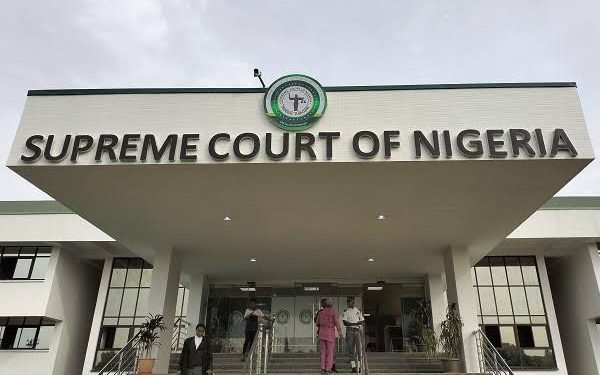The Supreme Court of Nigeria has delivered a landmark judgment ruling that the Freedom of Information Act (FOIA), 2011, applies to all tiers of government, including state and local government institutions.
In a unanimous decision, the apex court upheld the ruling of the trial court, confirming that the National Assembly has the legislative authority to enact laws relating to public records and archives.
This decision effectively overturns the controversial 2018 judgment by the Court of Appeal, Benin Division, which had limited the applicability of the FOIA to only federal Ministries, Departments, and Agencies (MDAs).
The Supreme Court emphasized that the FOIA was enacted to foster transparency, accountability, and citizen participation in governance and that these principles are fundamental rights that must be upheld at all levels of government.
“The right to access public information is not a privilege restricted to federal institutions alone.
“It extends to all public bodies throughout the federation, including state and local government institutions,” the court held.
The case in question—Austin Osakue v. Edo State Agency for the Control of AIDS (EDOSACA), SC/614/2014—originated from a Freedom of Information request made on January 6, 2014, by a coalition of civil society organisations.
The request sought access to detailed records on the HIV/AIDS Program Development Project (HPDP II), including financial expenditures, donor funding, contract awards, and grant allocations between 2011 and 2014.
EDOSACA denied the request, prompting the applicants to seek redress through the courts. Although the trial court initially ruled in their favour, the Court of Appeal overturned the decision in 2018.
The Supreme Court has now reversed that ruling, reaffirming that public institutions at all levels are bound by the FOIA.

